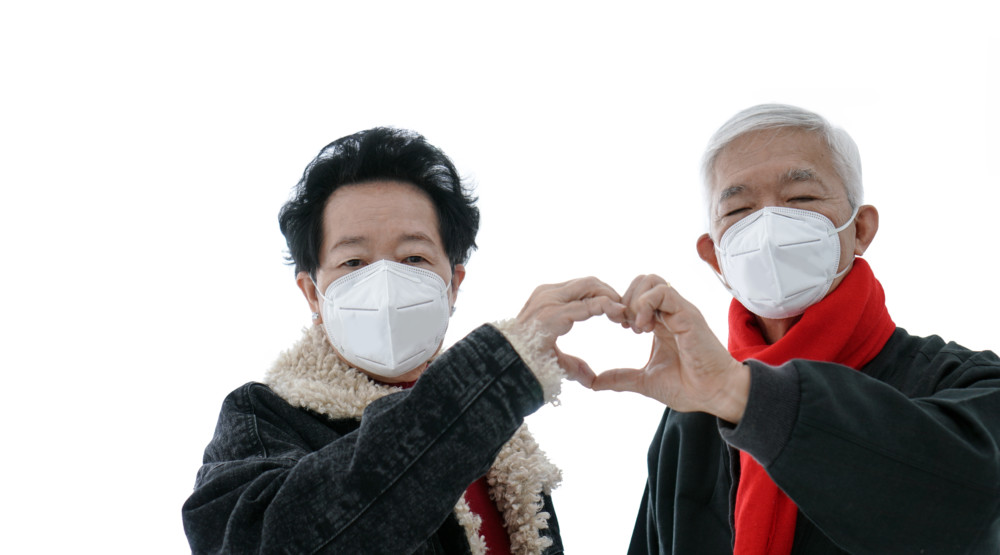By Danielle Braff
Chicago Tribune
WWR Article Summary (tl;dr) As Danielle Braff reports, “In China, where the coronavirus hit long before it arrived here, the divorce rates rose, and couples formed a line outside a divorce registration office as soon as they were out of quarantine, according to the Global Times.”
Chicago Tribune
Sarah Bradburn’s coronavirus shopping list consists of two very important items: condoms and toilet paper.
“We are all emotional and clinging to our spouses,” said Bradburn, who is a restaurant worker in Chicago. Her husband works on commission, so sales are drastically down.
“But when we’re stressed, we just become closer,” she said.
During the first few surreal days of the coronavirus scare, there were predictions far and wide of a huge number of corona babies that would be born in nine months. Maybe they’ll be described as “coronials?”
In fact, Lori Sapio, a Chicago photographer, plans to post a CV19 newborn special in April similar to her Cubs newborn special that she announced after the team won the World Series.
“The boom is coming,” Sapio said.
But is it really coming? Or will the social distancing and forced time together cause more divorces than babies?
In China, where the coronavirus hit long before it arrived here, the divorce rates rose, and couples formed a line outside a divorce registration office as soon as they were out of quarantine, according to the Global Times.
There’s typically a boom in divorces and couples counseling during summer vacations and winter break, said Caroline Madden, a licensed marriage and family therapist, and author of “Fool Me Once: Should I Take Back My Cheating Husband?”
This happens because families are spending more uninterrupted time together, according to Madden, and one person wonders why her spouse is still texting his co-worker when they are supposed to be on a family vacation.
“When you are out of a rut, you start paying attention to things differently,” Madden said.
But Viktor Sander, a counselor specializing in relationships who is based in Sweden and New York, said increased time together isn’t automatically good or bad for a relationship.
“What it does is accelerate the trajectory the relationship is already on,” he said. “In practice, a relationship that would have ended in a year might end in a month instead. A relationship that would have resulted in babies in a year might result in babies in a month instead.”
At the same time, he said, increased levels of stress lead to lower libido, so the baby boom may arrive after the danger is over, similar to the baby boom after World War II.
Jennifer Snyder, a stay-at-home mother of two in Oswego, Ill., said she is experiencing Sander’s predictions firsthand.
“There’s going to be more time to fight and get to the core of issues and make decisions,” Snyder said, adding that while she doesn’t predict a divorce for her marriage, she doesn’t think there will be any babies either.
Some couples are thriving in this situation, however.
Melisenth Rodas said that, so far, the forced togetherness has saved her marriage.
“If you asked me last week, I would definitely say that my partner and I wouldn’t make it,” she said. “However, we’re on day three of both of us being home 100% of the time, and I think it’s brought us closer because we’re both a lot more appreciative and understanding of what we both do every day, I can honestly say I never truly saw how stressful his job can be, and he definitely didn’t 100% understand what staying home every day was like until now.”
The key is to strike the right balance between having quality intimate time together and giving each other some space, said Justin Lehmiller, an Indianapolis research fellow at The Kinsey Institute and author of “Tell Me What You Want.”
For example, when it comes to intimate time, you might try taking turns planning date nights when you have time to focus on each other and not on the pandemic, Lehmiller said.
“You might order takeout from your favorite restaurant but take the time to plate it properly and establish some ambiance, such as lighting candles and opening a bottle of wine so that it feels like more of a restaurant experience,” he said.
Breathing room is also essential.
Take turns going for long walks or bike rides during the day, so each partner has personal time.
As for the coronavirus baby boom, Lehmiller is skeptical that it will happen.
“While it’s likely that many couples who live together will have more sex due to more opportunities, it’s likely that others won’t because they now have their children home 24/7 and have to work from home at the same time,” he said. “Also, lockdowns and social distance will serve as counterweights to any potential baby boom.”
Add to that the economic uncertainty, and more couples will take extra precautions against unintended pregnancy because they don’t know when the pandemic will end, or what their finances or job situation will look like in a few months.
Only time will tell.
___
Distributed by Tribune Content Agency, LLC.














































































































































































































































































































































































